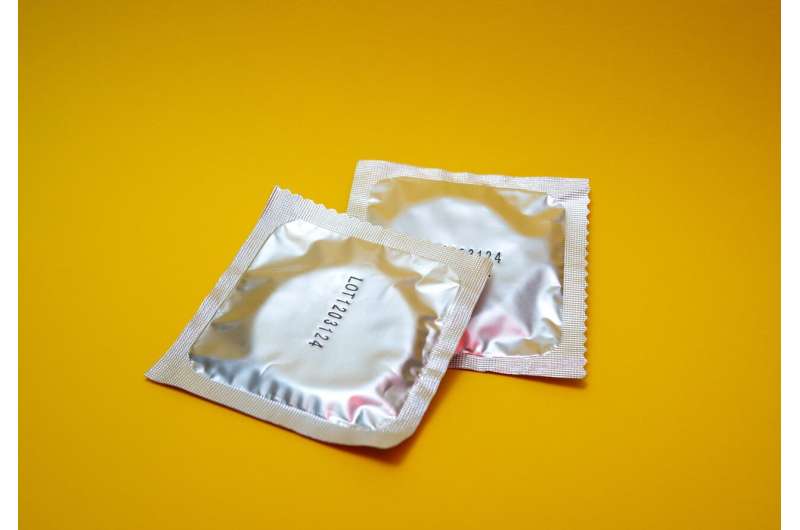Shockwave therapy for erectile dysfunction? Concerns raised about marketing of unproven therapy

As increasing numbers of men seek treatment for erectile dysfunction (ED), many clinics are marketing a non-FDA-approved shockwave therapy (SWT) intervention—with wide variations in techniques, costs, and provider credentials, according to an analysis in Urology Practice, an official journal of the American Urological Association (AUA).
"Shockwave therapy, as a restorative therapy for ED, is performed primarily by non-urologists and is not standardized," reports the study by James Weinberger, MD, MBA, Sriram V. Eleswarapu, MD, Ph.D., and colleagues at the David Geffen School of Medicine at UCLA. "This study highlights concerning trends in major metropolitan markets, given the substantial financial impact for patients and inconsistent credentials among providers."
Varying costs and protocols for 'investigational' ED treatment
Shock wave therapy is being marketed on a direct-to-consumer basis to the growing number of men distressed by sexual dysfunction due to ED. In this treatment, targeted sound waves are used with the goal of enhancing blood flow and increasing erectile function.
Drs. Weinberger, Eleswarapu, and colleagues analyzed information from 140 clinics advertising SWT for treatment of ED in eight large U.S. cities. Using a "secret shopper" approach, the researchers made phone calls to gather information about the credentials and training of providers performing SWT and the pricing, duration and protocols for SWT treatments.
Only 25% of clinics offering SWT were urologists—specialists in treating male reproductive problems. Other specialists performing SWT treatments included dermatologists, chiropractors, and obstetrician/gynecologists. Non-physicians, such as physician assistants or nurse practitioners, performed SWT at 13% of clinics.
Based on information from 99 clinics, the average price per SWT treatment was about $490, with a total price of $3,400 for a full course of treatment. Prices varied considerably for clinics in different metropolitan areas.
The most commonly recommended number of SWT treatments was six. However, there was no standardized approach to SWT treatment for ED. "[T]he number of shocks per session, type of device used, and frequency settings varied widely," the researchers write.
There is growing interest in SWT and other regenerative therapies that seek to "cure" ED, rather than simply treat it. Although some early data support this line of research, there is a lack of high-quality evidence supporting the widespread use of SWT (or other treatments like plasma-rich protein or stem cell injections) for treatment of ED.
In the absence of clinical trials showing its long-term effectiveness, SWT has not been approved by the FDA for treatment of ED and is not covered by insurance. In its guidelines for ED treatment, the AUA designates SWT as an "investigational" treatment that should be limited to research trials.
"Our results show that real-world practice does not adhere to these recommendations," Drs. Weinberger, Eleswarapu, and colleagues write. They believe that patients exploring treatment for ED "should be evaluated by urologists who are equipped to conduct a formal men's health evaluation and provide a data-driven and patient-centric discussion of treatment options."
More information: James M. Weinberger et al, Shock Wave Therapy for Erectile Dysfunction: Marketing and Practice Trends in Major Metropolitan Areas in the United States, Urology Practice (2022). DOI: 10.1097/UPJ.0000000000000299


















